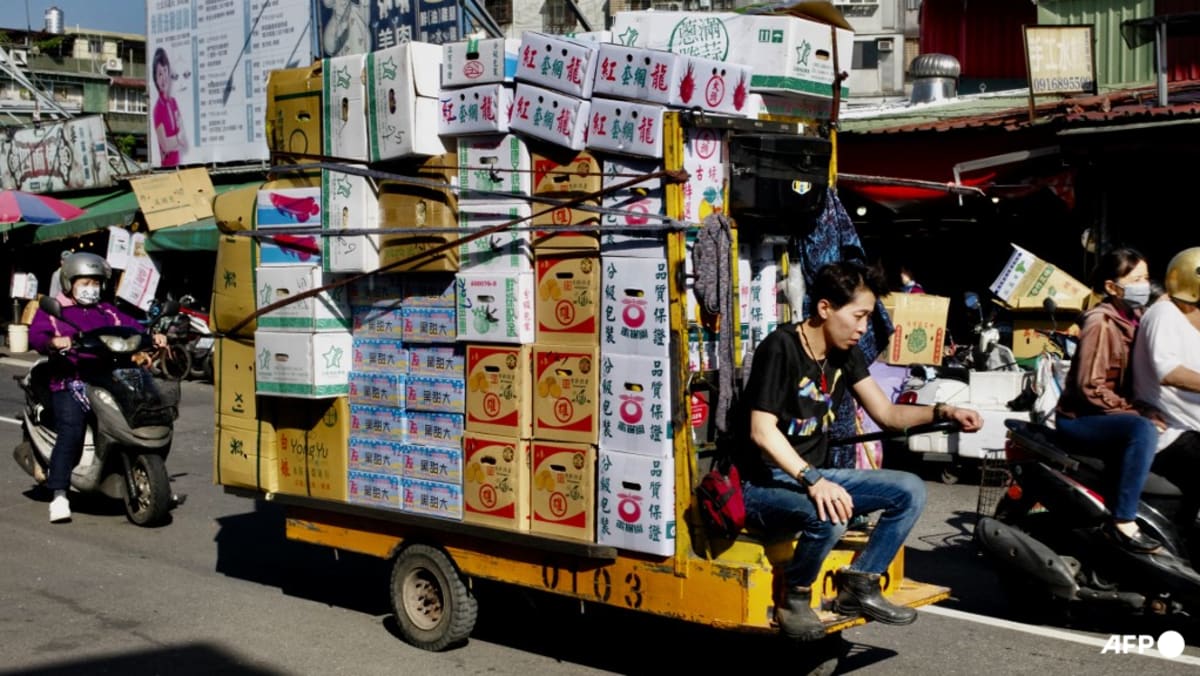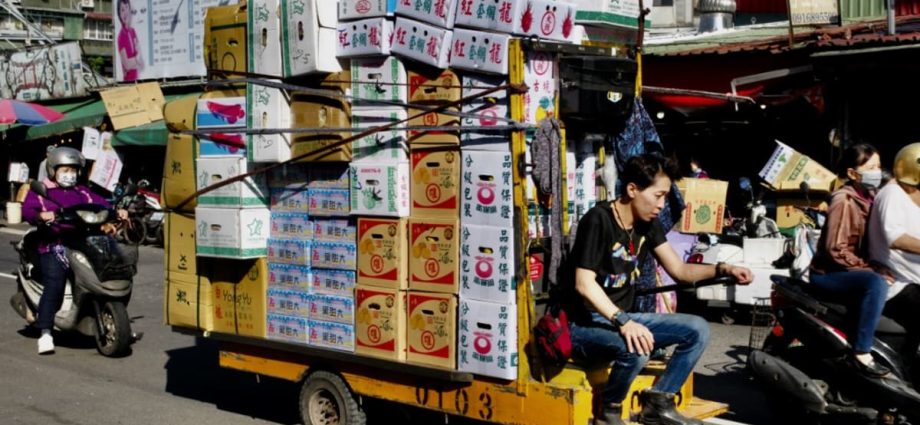
CHINA’S TRADE INVESTIGATION
Given the timing of China’s trade investigation and findings, it is widely seen as an attempt to sway the outcome of Taiwan’s election. But experts say there are also genuine economic reasons.
“China has two objectives. Of course, one is that they want Taiwan’s people to elect a government that will be advantageous to relations between both sides. The other objective is that some of China’s industries need the Taiwan market,” said Dr Du Zhen-hua, adjunct associate professor in global business at Chinese Culture University in Taipei.
China is Taiwan’s top trading partner, with cross-strait trade totalling US$224 billion last year. The island runs a trade surplus with its much larger neighbour, which accounted for about 35 cent of Taiwan’s exports in 2023.
The roughly 2,500 Chinese imports that Taiwan bans cover a wide range of goods including agricultural produce, natural and synthetic fibres, household electronics, steel products and vehicles. The bans are intended to protect domestic industries.
China’s report on its trade investigation contains estimates of the lost value of exports linked to Taiwan’s restrictions. According to relevant business associations, for example, mainland firms have missed out on exporting US$2.5 billion worth of fresh vegetables and US$170 million worth of fruits to the island.
“Taiwan is not a huge market, but it is at least a medium to large one, around the 20th largest economy in the world, and its import restrictions have hurt the development of Chinese businesses,” said Dr Du.
He added that China “has a basis” for its claims that the island violated ECFA, which came into effect in 2010 and committed both sides to gradually reducing or eliminating tariff and non-tariff barriers, as well as WTO rules on eliminating trade restrictions.

